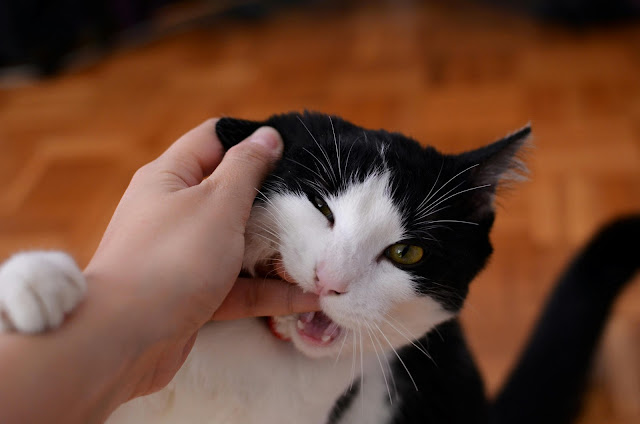Why Do Cats Sleep So Much?
Why Do Cats Sleep So Much? Understanding Cat Sleep Patterns
Cats are known for their love of sleep, spending between 12 to 16 hours per day napping, and sometimes even more. This behavior is not just a cute quirk—it has important biological and evolutionary reasons behind it. In this article, we will explore why cats sleep so much, their sleep patterns, and how you can ensure your cat gets the best rest.Why Do Cats Sleep So Much?
Cats are natural predators, and despite being domesticated, they still retain the instinct to hunt. In the wild, cats need to conserve energy for when they are active, which is why they sleep for long periods. This behavior is deeply rooted in their evolutionary history, where they needed bursts of energy to hunt and catch prey.
The Science Behind Cat Sleep
Unlike humans, cats don’t follow a typical sleep-wake cycle. Cats are crepuscular animals, meaning they are most active during the twilight hours—dawn and dusk. Their long periods of sleep help them stay sharp and ready to hunt during these active hours.
- Light Sleep (Cat Naps): Cats spend a significant amount of time in light sleep, often waking up easily at the slightest sound. This is an adaptive trait that allowed their wild ancestors to remain alert for predators and prey.
- Deep Sleep (REM): Cats also experience deep sleep, where they may dream. In this phase, their muscles relax, but their brain activity increases. You may notice your cat twitching its paws or whiskers during REM sleep.
When Do Cats Sleep?
How Much Sleep Is Normal for Cats?
On average, adult cats sleep about 12-16 hours a day, though kittens and older cats may sleep even more. If you notice a sudden change in your cat’s sleeping habits, it could indicate health issues, so it's important to monitor their behavior closely.
Creating a Sleep-Friendly Environment for Your Cat
To help your cat sleep better, make sure they have a comfortable and safe place to rest. Here are some tips:
- Provide a cozy bed in a quiet area, away from household noise.
- Keep the temperature comfortable—cats love warmth, so consider providing a heated bed or blanket.
- Ensure mental stimulation during waking hours to help your cat expend energy and feel ready for sleep.
.png)


.jpeg)



